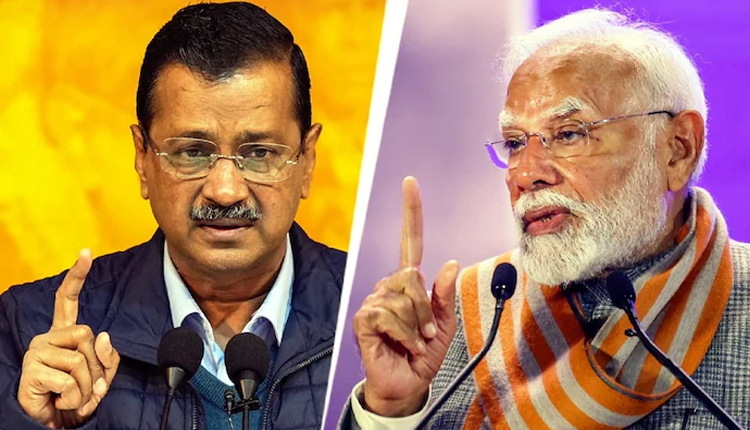NewDelhi: The debate over ‘freebies’ in Indian politics has gathered steam, and Delhi is at the epicentre of this contentious issue. Questions are raised about the necessity and impact of pre-election giveaways when the national capital is touted to have the third highest per capita income of the country and among the lowest unemployment rates.
However, ‘revdi’ or freebies, otherwise known as the concept of giving things free, doesn’t have a legal definition, which makes it difficult to regulate these practices. For over a year, the Supreme Court has been awaiting a response on this challenge by the central government.
But Delhi’s economic indicators were relatively buoyant. The per capita income of the city, in 2023-24, stood at ₹4,61,910, more than double the national average of ₹1,84,2059. Delhi is only surpassed by Goa and Sikkim on this metric. Moreover, the economy of the capital is expected to grow at a remarkable 9.17 percent in the current fiscal year.
While these are positive signs in the economy, political parties from across the spectrum continue to pull out all the stops and come up with freebies to tempt voters. Initially observed in Delhi, it has been a virus in other states, unsettling fiscal prudence and long-term economic growth.
Freebies need to get a legal definition, and it has been stressed by economists like Dr. Deepanshu Goyal and legal experts including Ved Jain, Ravi Singh, senior advocates Rakesh Dwivedi, Anupam Mishra, and Abhishek Rai. But they argue that manifestos can only set out proposed welfare measures and that there is a thin line between acceptable welfare schemes and highly political handouts.
This adds to the complexity of the debate, for Indian voters are stratified into the upper, middle, and lower classes, and the middle class inevitably bears the brunt of inflation, taxes, and unemployment. Freebies are justified by some experts as much-needed relief to this segment, and others are opposing this practice with fire and brimstone.
But the Supreme Court’s ruling on this issue has big implications for Indian politics and economic policy. The issue is how to strike a balance between the welfare measures and fiscal prudence when the same reflects in the economic indicators of a city like Delhi, suggesting a population that is self-sufficient.
Ultimately, how this debate is resolved may depend on setting down clear rules for what election promises mean and what the costs might be behind them. Yet, since elections take place only five years apart, political parties may have to reasonably resist inducements such as freebies to attract the electorate.



Comments are closed.